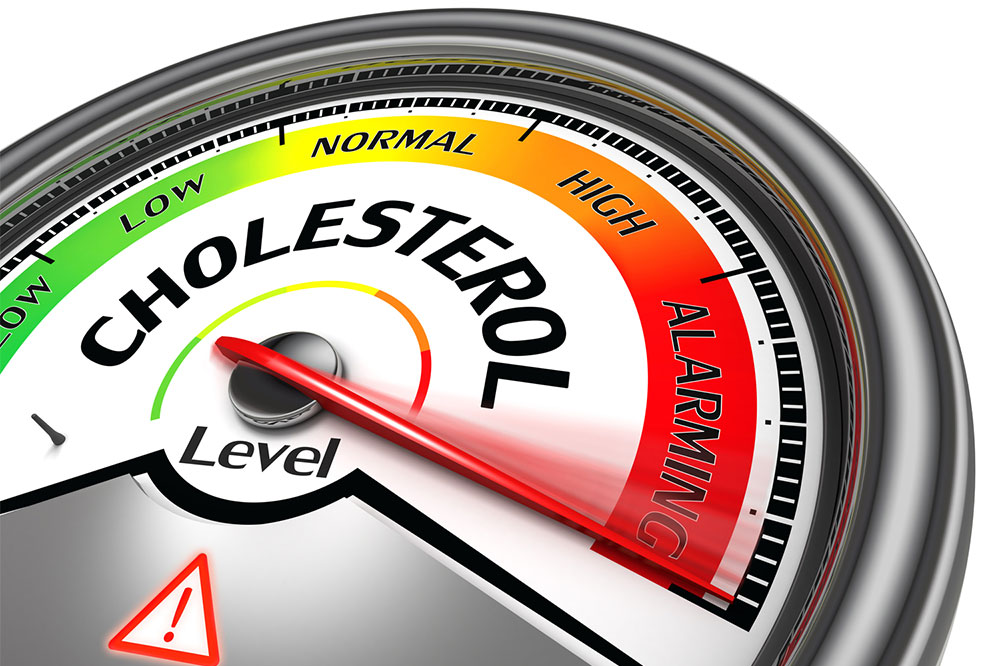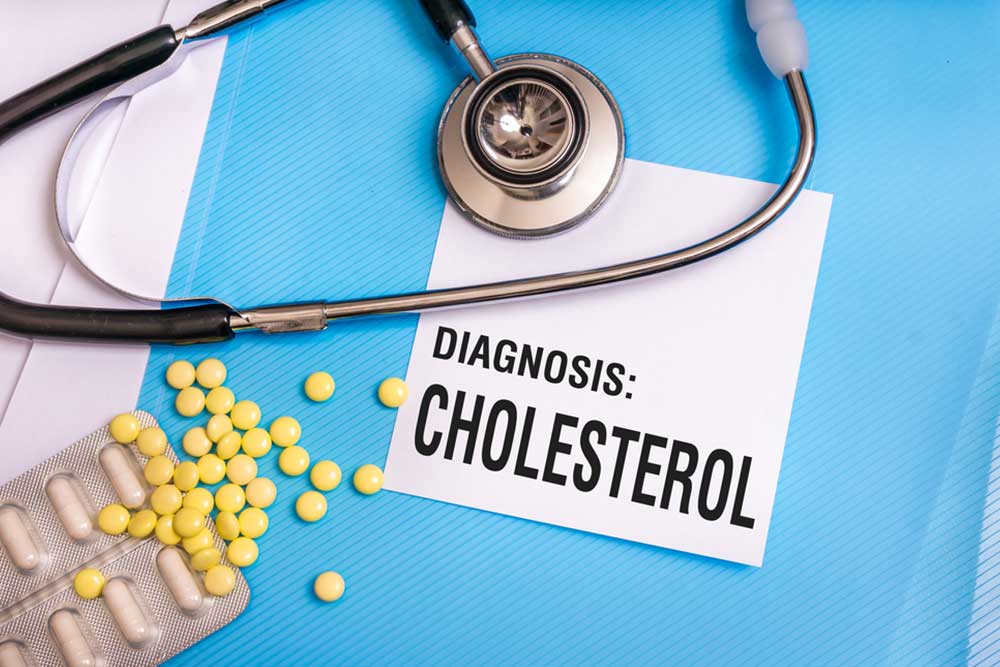Comprehensive Guide to Cholesterol: Key Insights for Maintaining a Healthy Heart
This comprehensive guide delves into cholesterol fundamentals, including its vital functions, how to interpret blood test results, and effective lifestyle strategies for maintaining healthy levels. Learn how regular screenings and smart habits can protect your heart and prevent cardiovascular disease. With expert insights, you can take control of your heart health today.

Comprehensive Guide to Cholesterol: Key Insights for Maintaining a Healthy Heart
Cardiovascular diseases continue to be the leading cause of mortality worldwide, emphasizing the critical importance of understanding and managing cholesterol levels. Cholesterol, a vital waxy substance produced by the body, plays essential roles in hormone synthesis, vitamin D production, and the formation of bile acids necessary for digestion. Despite its importance, an excess of cholesterol in the bloodstream can lead to serious health issues such as atherosclerosis, which compromises heart health and increases the risk of strokes and heart attacks.
Achieving a balance in cholesterol levels requires a thorough understanding of how it functions within the body and recognizing the risks associated with imbalance. Through regular health screenings and lifestyle modifications, individuals can effectively monitor and regulate their cholesterol, thus supporting long-term cardiovascular health. In this detailed guide, we will explore the types of cholesterol, how to interpret your blood test results, lifestyle tips for maintaining healthy levels, and the importance of routine check-ups.
Cholesterol's role in the body is complex, with the potential for both beneficial effects and health risks when levels become unbalanced. To accurately assess your cholesterol status, a comprehensive lipid profile blood test is essential, measuring low-density lipoprotein (LDL), high-density lipoprotein (HDL), and triglycerides. These components provide a complete picture of your cardiovascular risk profile. Regular testing—preferably every three to six months—especially for those over 30 or with known risk factors, allows for early detection and proactive management.
Understanding the different categories of cholesterol levels is crucial. Desirable levels typically fall below 200 mg/dL for total cholesterol; borderline high is between 200-239 mg/dL; and levels of 240 mg/dL or above are associated with a significantly increased risk of heart disease. To keep cholesterol in check, adopting healthy dietary habits, such as consuming heart-friendly foods rich in fiber, healthy fats, and antioxidants, is recommended. Regular physical activity, quitting smoking, moderating alcohol intake, and maintaining a healthy weight all contribute to optimal cholesterol levels and overall cardiovascular health.
Finally, staying vigilant about your cholesterol through consistent medical supervision can significantly reduce your risk of heart-related illnesses. Small lifestyle changes, when sustained over time, offer substantial protection and promote better quality of life. Remember, understanding your cholesterol is not just about numbers—it's about proactive health management that can safeguard your heart for years to come.





